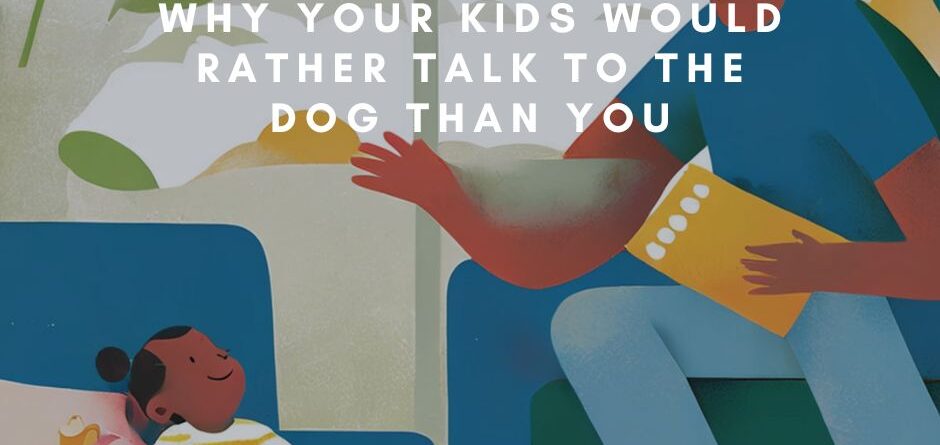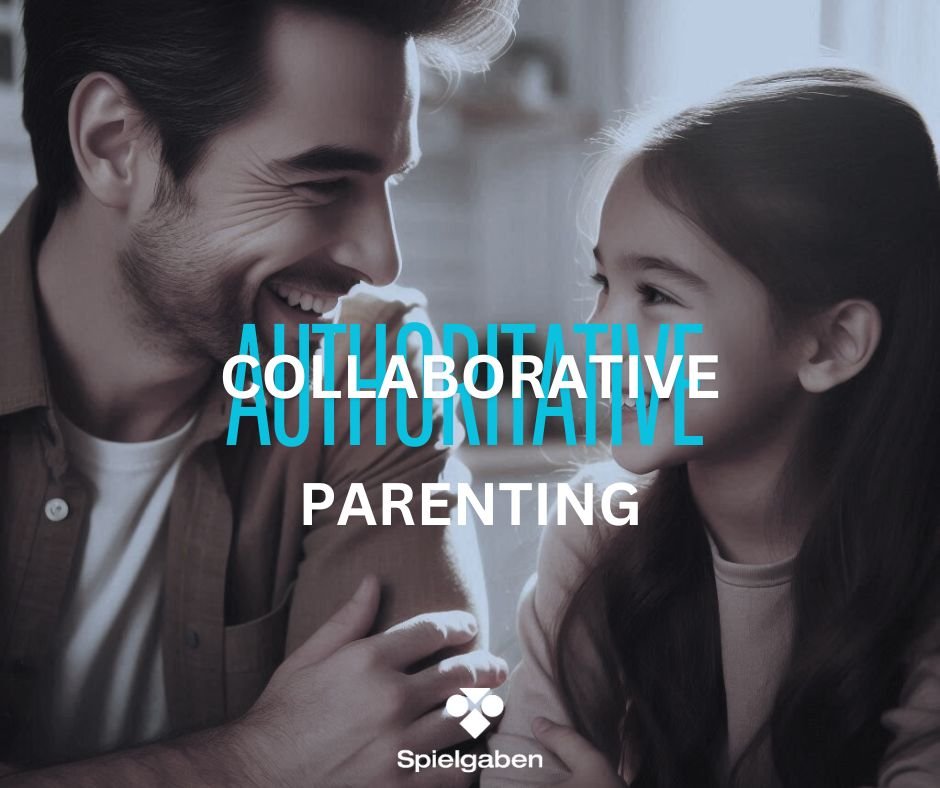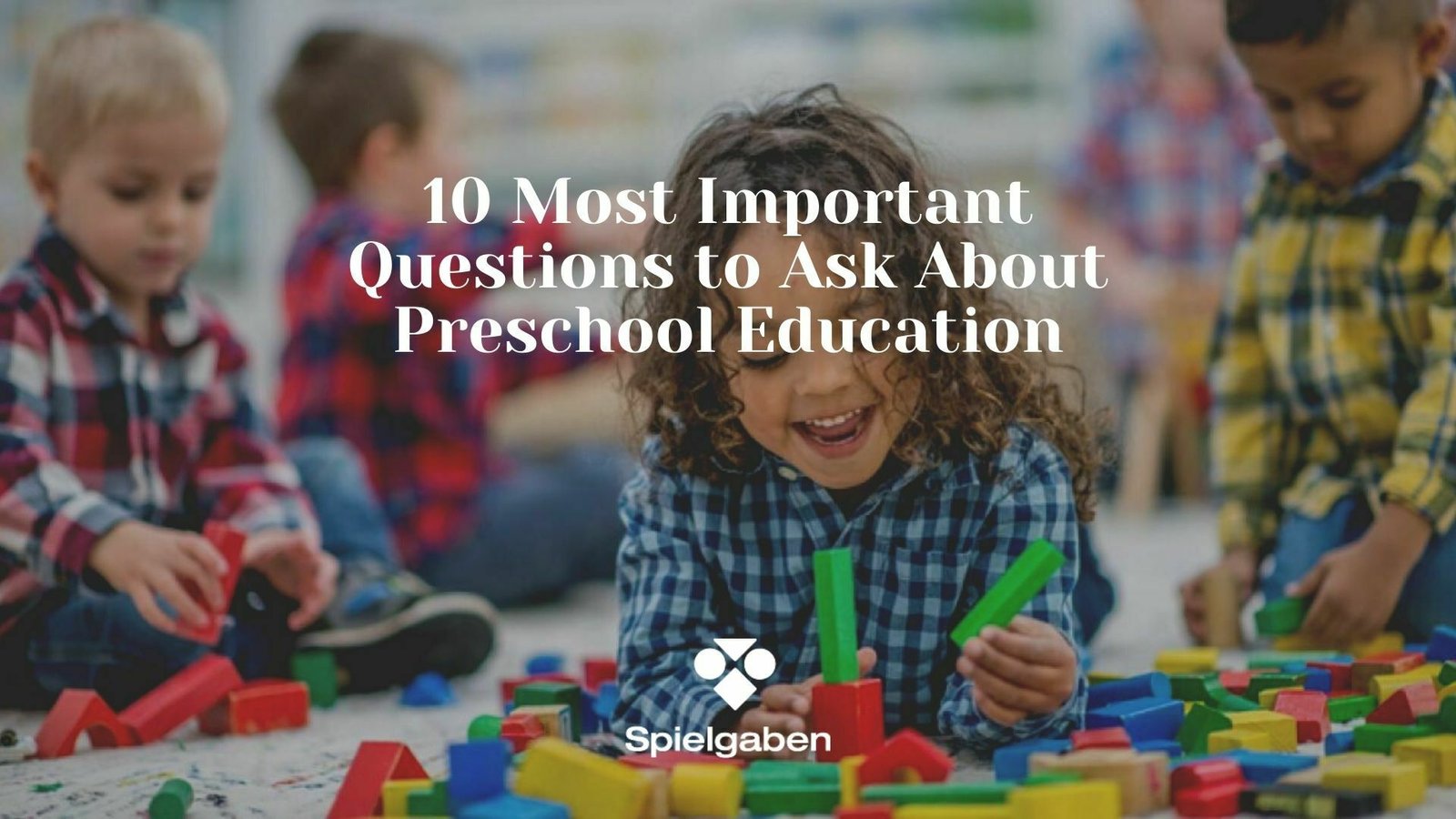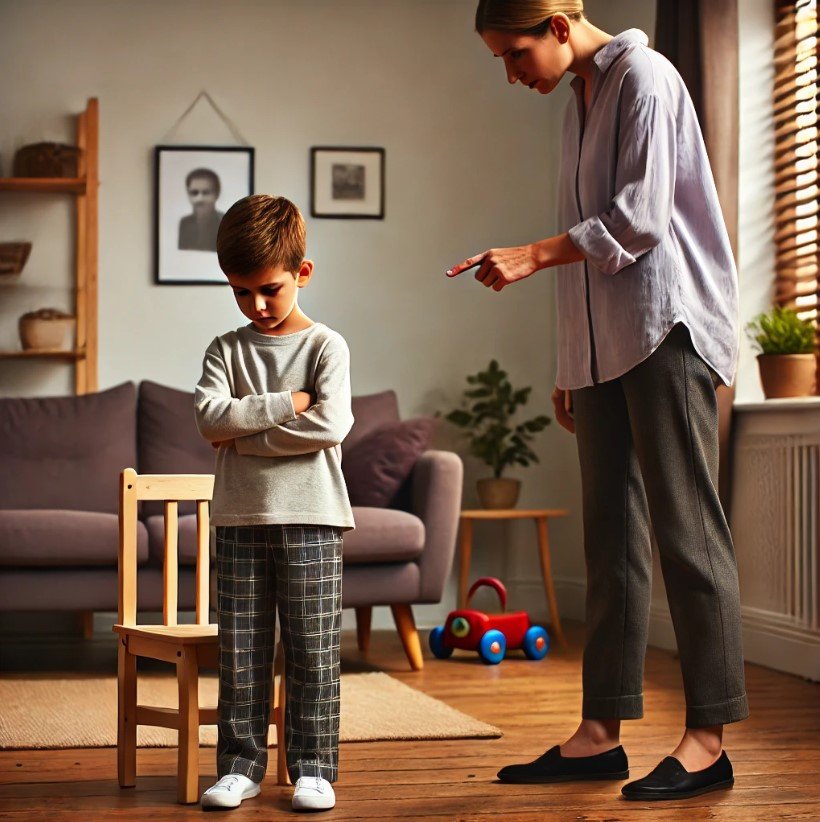Why Your Kids Would Rather Talk to the Dog Than You
Let’s start with an uncomfortable truth that might sting worse than stepping on a LEGO barefoot at 3 AM: your children might actually prefer confiding in complete strangers than in you.
Before you start questioning your entire parenting philosophy and wondering if you’ve somehow failed the “How to Be a Decent Human” test, take a deep breath. This phenomenon has a scientific name – closeness-communication bias – and it happens to the best of us parents, even those who have read every parenting book known to humanity and still can’t figure out why their teenager grunts instead of speaking in actual words.
The Case of the Overeager Parent Detective
Think about it from your child’s perspective for a moment. You, dear well-meaning parent, come loaded with more baggage than a family vacation to Disney World. You’ve got expectations, judgments, unsolicited advice, and an alarming tendency to turn every single conversation into what I like to call a “teachable moment tornado.”
When your ten-year-old casually mentions they had a disagreement with their best friend over who gets to be the dragon in their imaginary game, you don’t just listen – oh no, that would be too simple. Instead, you immediately transform into Parent Detective, complete with an invisible magnifying glass and a burning desire to solve the Case of the Playground Drama.
You launch into problem-solving mode faster than a superhero responding to a distress signal, offering unsolicited advice about conflict resolution, emotional intelligence, and maybe throwing in a bonus lecture about the importance of choosing friends wisely. “Well, honey,” you might say, settling in for what your child already recognizes as The Long Talk, “when I was your age, we handled disagreements differently.
You should have just shared the dragon role, or maybe suggested taking turns, or perhaps you could have created two dragons, or…” And there it is – you’ve just turned a simple story into a life lesson complete with action items and a strategic plan for future dragon-related conflicts.
Meanwhile, that random stranger sitting next to them on the school bus? That blessed soul just listens to the story without immediately launching into “When I was your age” or “You should have just…” They simply hear what happened, nod sympathetically, maybe even laugh at the funny parts, and treat it like the perfectly valid human experience it actually is.
To your child, this feels like discovering a unicorn in a world full of people trying to fix everything that doesn’t necessarily need fixing.
The Assumption Trap: When We Think We Know It All
This is where we need to channel our inner goldfish – you know, those creatures with supposedly three-second memories who approach everything with fresh eyes – and deliberately slow down our reaction time.
The assumption trap is real, and it’s particularly treacherous with our own children because we labor under the dangerous delusion that we know them better than they know themselves.
After all, we’ve been their personal documentary crew since birth. We know they hate the texture of mushrooms, love the color purple, get cranky when they’re hungry, and turn into tiny monsters when they don’t get enough sleep. We’ve memorized their patterns, catalogued their triggers, and could probably write their biography up to this point. Surely we can predict what they’re going to say before they even open their mouths, right?
Wrong. Dead wrong. People – even the small people who still need help tying their shoes – are constantly evolving, shifting, and surprising us in ways that would make a kaleidoscope jealous. The child who used to share every minute detail of their day might suddenly become more private than a CIA operative.
The kid who showed zero interest in sports might discover a burning passion for skateboarding that consumes their every waking thought. The teenager who seemed bulletproof and confident might be secretly struggling with insecurities that would break your heart if you knew about them.
The Goldfish Approach: Practical Tips for Better Listening
Here’s a practical exercise that might humble you faster than watching your teenager parallel park for the first time: Next time your child starts telling you about their day, resist every parental instinct screaming at you to fill in the blanks, jump ahead in the story, or immediately offer solutions. Instead, pretend you’re meeting this fascinating little human for the very first time.
What would you ask someone you just met? What assumptions would you avoid making? What genuine curiosity would you bring to the conversation?
This mental reset can be surprisingly eye-opening and occasionally hilarious. You might discover that your “shy” child is actually the class comedian, or that your “responsible” teenager has been conducting elaborate pranks that would make a Navy SEAL proud.
The key is approaching each conversation like an anthropologist studying a newly discovered culture – with genuine interest, minimal judgment, and maximum curiosity.
Daily Implementation: The Art of Strategic Cluelessness
The 24-Hour Rule: When your child shares something that triggers your immediate urge to fix, teach, or correct, give yourself 24 hours before responding with advice. Often, they just wanted to be heard, not coached.
The Reporter Method: Ask questions like a journalist rather than a parent. Instead of “Why didn’t you tell the teacher?” try “What was that experience like for you?” The difference is subtle but transformative.
The Goldfish Reset: Before each conversation, mentally wipe your slate clean. Approach your child as if you’re meeting them for the first time that day. What might surprise you about this person?
The Stranger Standard: Ask yourself: “Would I respond this way if a stranger’s child told me this story?” Often, we’re more patient and less judgmental with other people’s kids than our own.
The Inherent Interest Principle
Here’s another truth that might shock you: every child – yes, even the one currently sprawled across the living room floor claiming they’re dying of boredom despite having seventeen different entertainment options within arm’s reach – is inherently fascinating.
They possess thoughts, observations, and insights that can genuinely surprise you, challenge your assumptions, and occasionally make you laugh until your sides hurt.
But here’s the catch: they’ll only share these treasures if you’re curious enough to ask the right questions and patient enough to wait for the answers without immediately jumping in with corrections, improvements, or life lessons. Sometimes the most profound conversations happen when we simply sit in comfortable silence and let our children fill the space with their authentic thoughts.
The Bottom Line: Less Fixing, More Listening
The goal isn’t to become your child’s best friend – you’re still the parent, complete with rules, boundaries, and the occasional need to be the bad guy. The goal is to become someone they actually want to talk to, someone who makes them feel heard rather than analyzed, understood rather than corrected.
So the next time your child starts talking, try this radical approach: just listen. Resist the urge to teach, fix, or improve. Simply be present with their experience, and you might be amazed at what they’re willing to share.
After all, the dog doesn’t offer advice – it just wags its tail and pays attention. Sometimes, that’s exactly what our children need from us too.













LEAVE A COMMENT